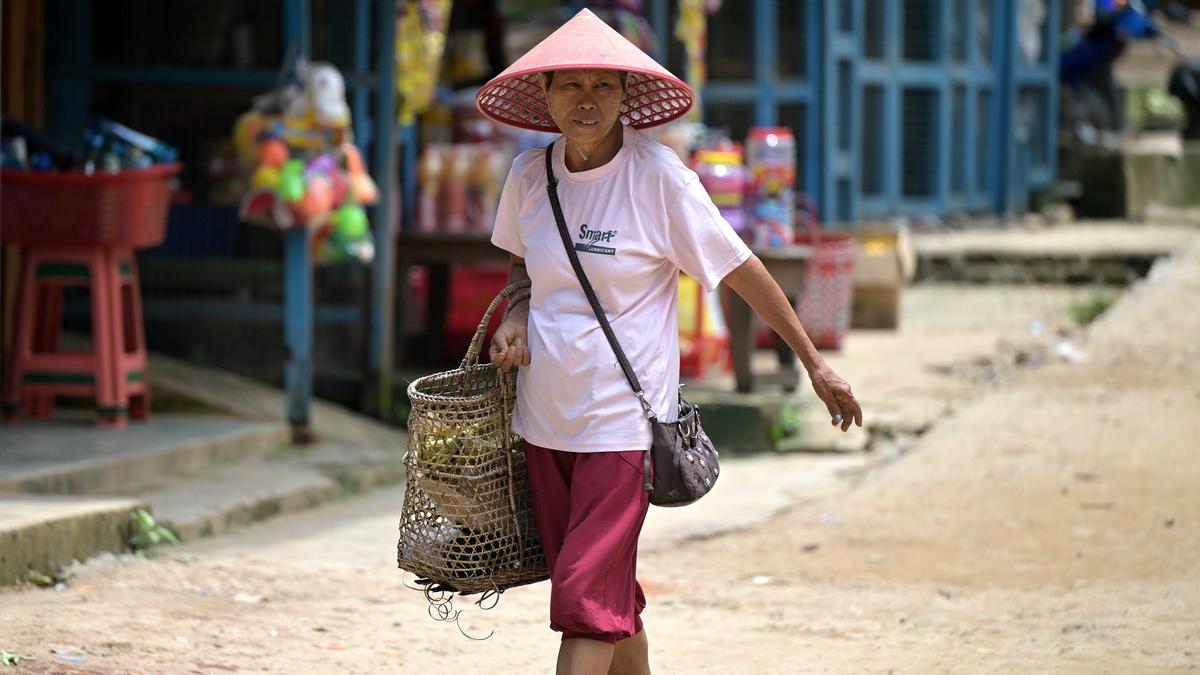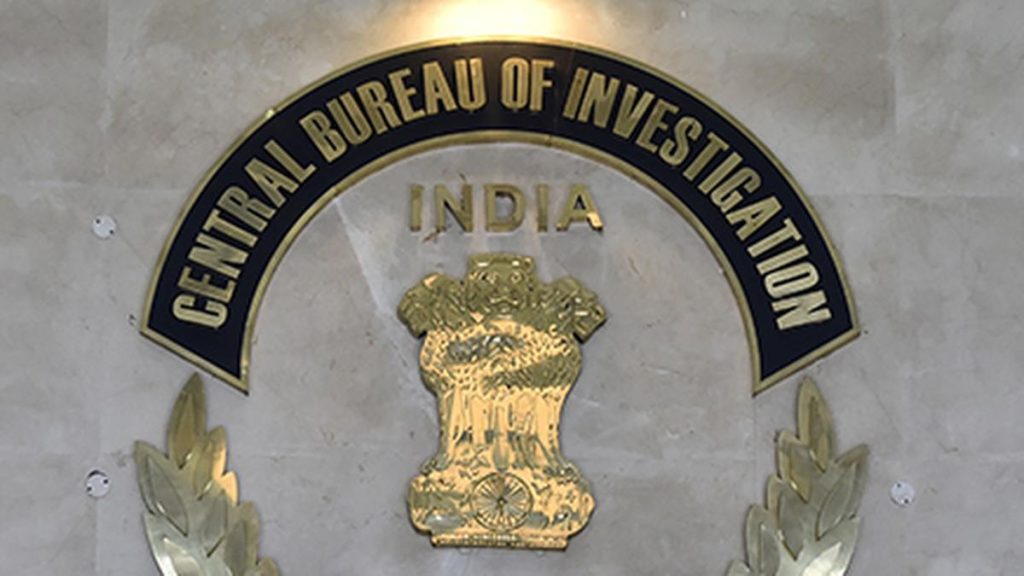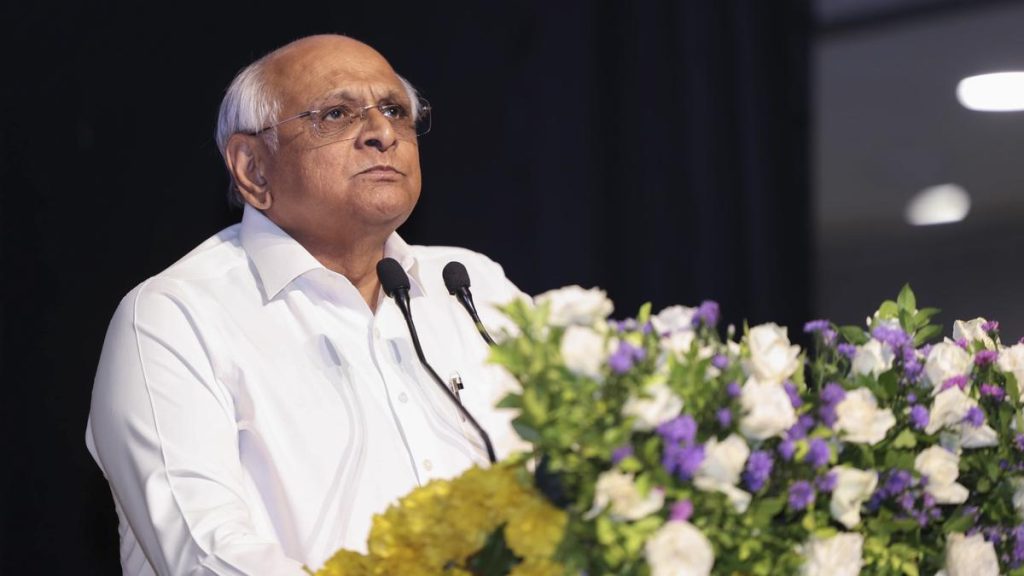Now Reading: Amid Moreh Unrest, Myanmar Children Inspire Hope
-
01
Amid Moreh Unrest, Myanmar Children Inspire Hope
Amid Moreh Unrest, Myanmar Children Inspire Hope

quick Summary
- Moreh, a border town in Manipur, is witnessing renewed activity with Myanmar children enrolling in its free schools despite ongoing ethnic conflict and civil war.
- Two operational pre-primary schools offer free education, run by the border Trade & Chamber of Commerce and Tamil Sangam. A third school shut down due to Meitei students leaving after inter-community conflict.
- regular attendance of Myanmar students is supported by their mothers, who trade goods like rice and vegetables while waiting for classes to end.
- Cross-border trading resumed on a limited scale after india revised movement restrictions in December 2024; residents within 10 km from the border can travel using permits issued at designated points.
- Moreh’s economy has suffered multiple blows from COVID lockdowns (2020), Myanmar’s military coup (2021), and ethnic unrest in Manipur (2023).
- Traders indicate that revival requires broader participation from all communities.
Image Captions:
- Women accompany their children to school while engaging in small-scale trade at Moreh markets. | Photo Credit: RITU RAJ KONWAR
- myanmar women sell locally-produced goods as they carve out sustainable livelihoods across the border. | Photo Credit: RITU RAJ KONWAR
Indian Opinion Analysis
The faint revival of cross-border interactions signifies resilience amid adversity for Moreh’s multi-ethnic community and its historical role as a regional trade hub under India’s Act East Policy framework. While humanitarian initiatives like free schooling signify progress, challenges remain significant due to tensions between Meitei-kuki groups and restrictive regulations following geopolitical disruptions such as Myanmar’s military coup.
The involvement of mothers supporting both education and local trade suggests adaptability but underscores systemic hurdles-economic recovery here might hinge not only on reopening formal business routes but fostering cooperation between estranged stakeholder groups like Meiteis avoiding Moreh.
Such micro-level perseverance emphasizes how ethnically-connected communities navigate policy shifts amidst larger socio-political strife-a critical reflection for India’s cross-border economic strategy grounded in mutual empowerment over fragility-based insulation.
























